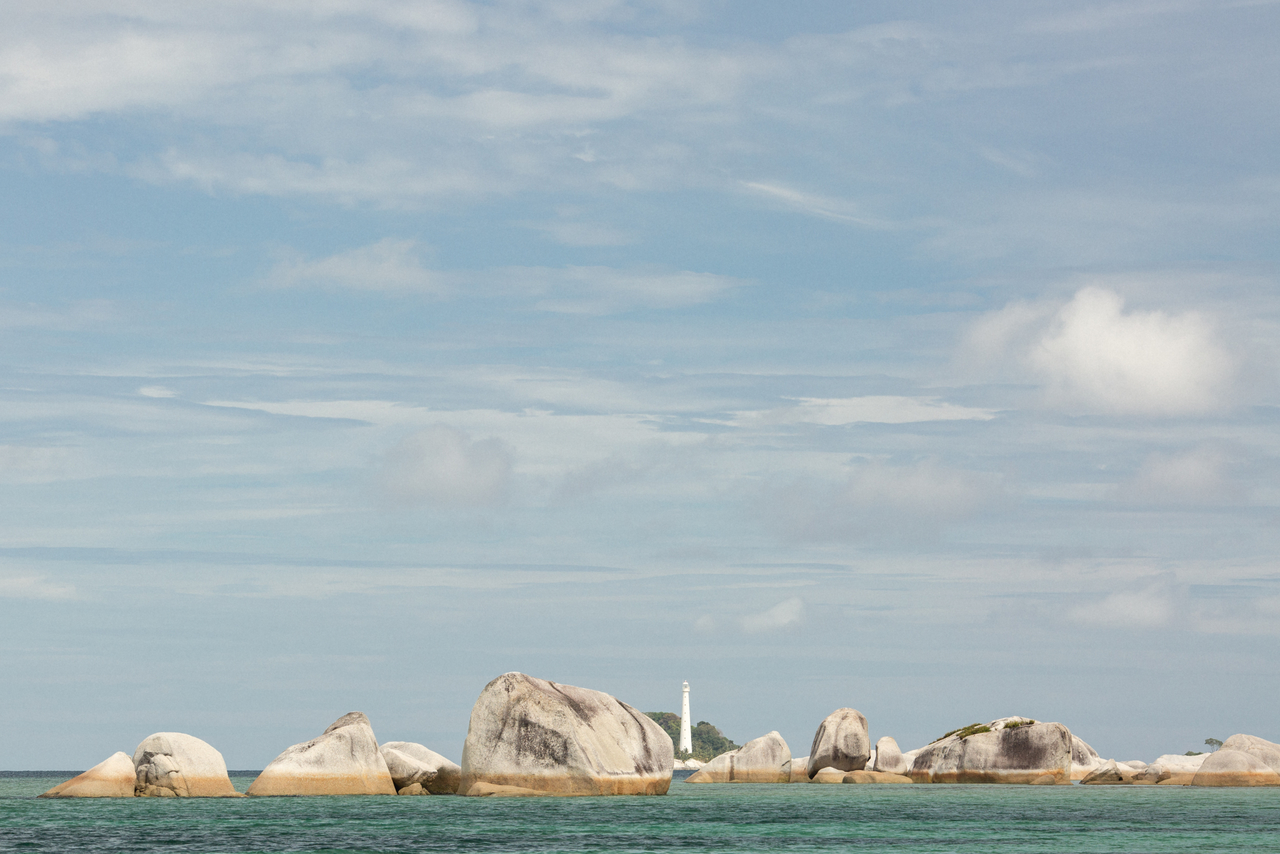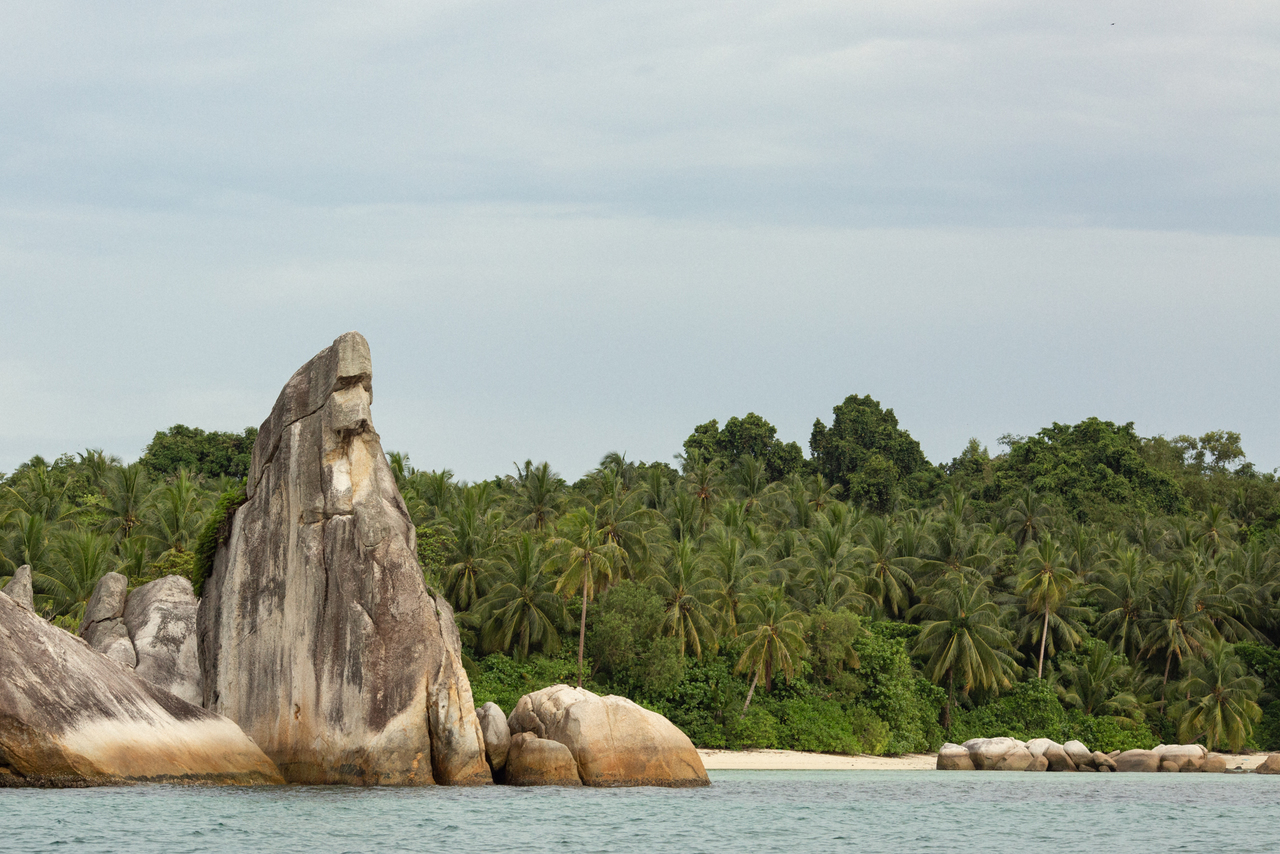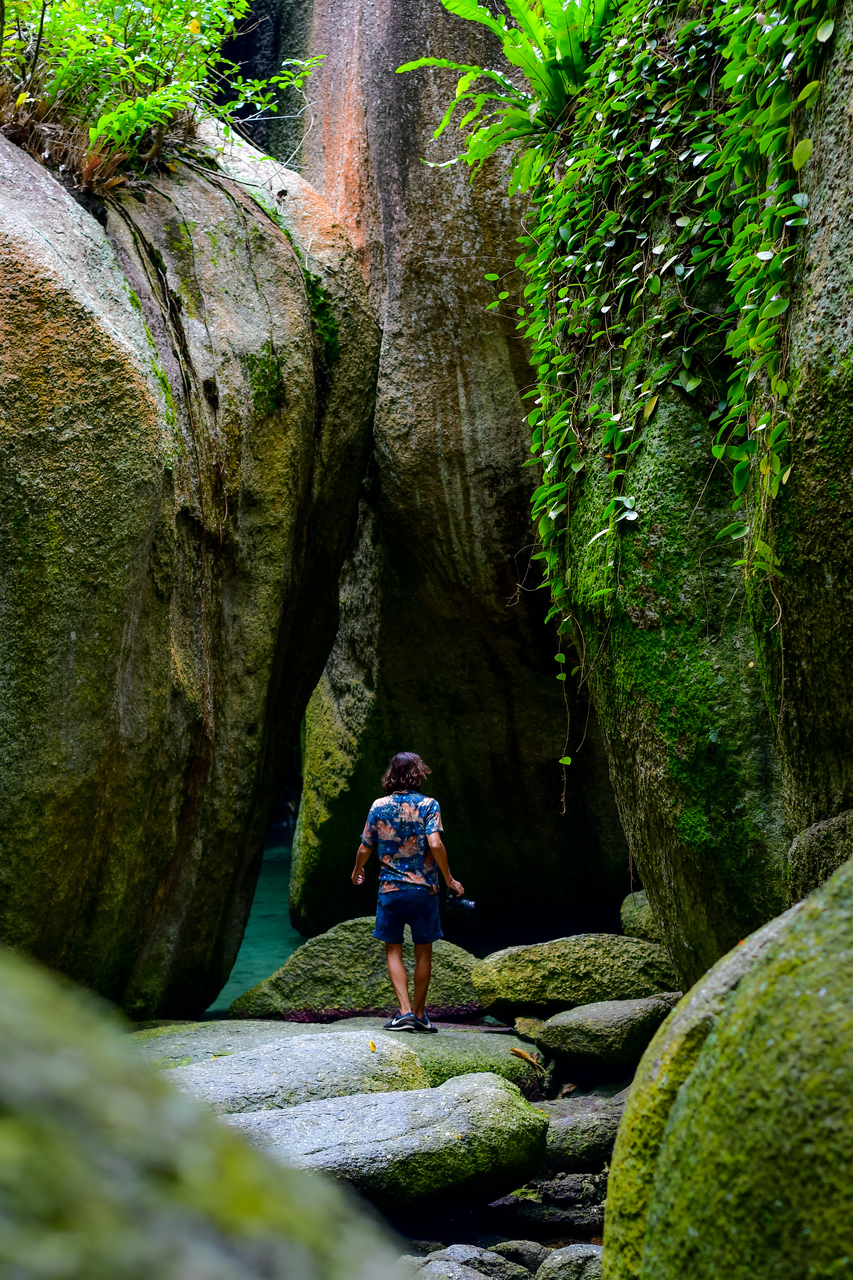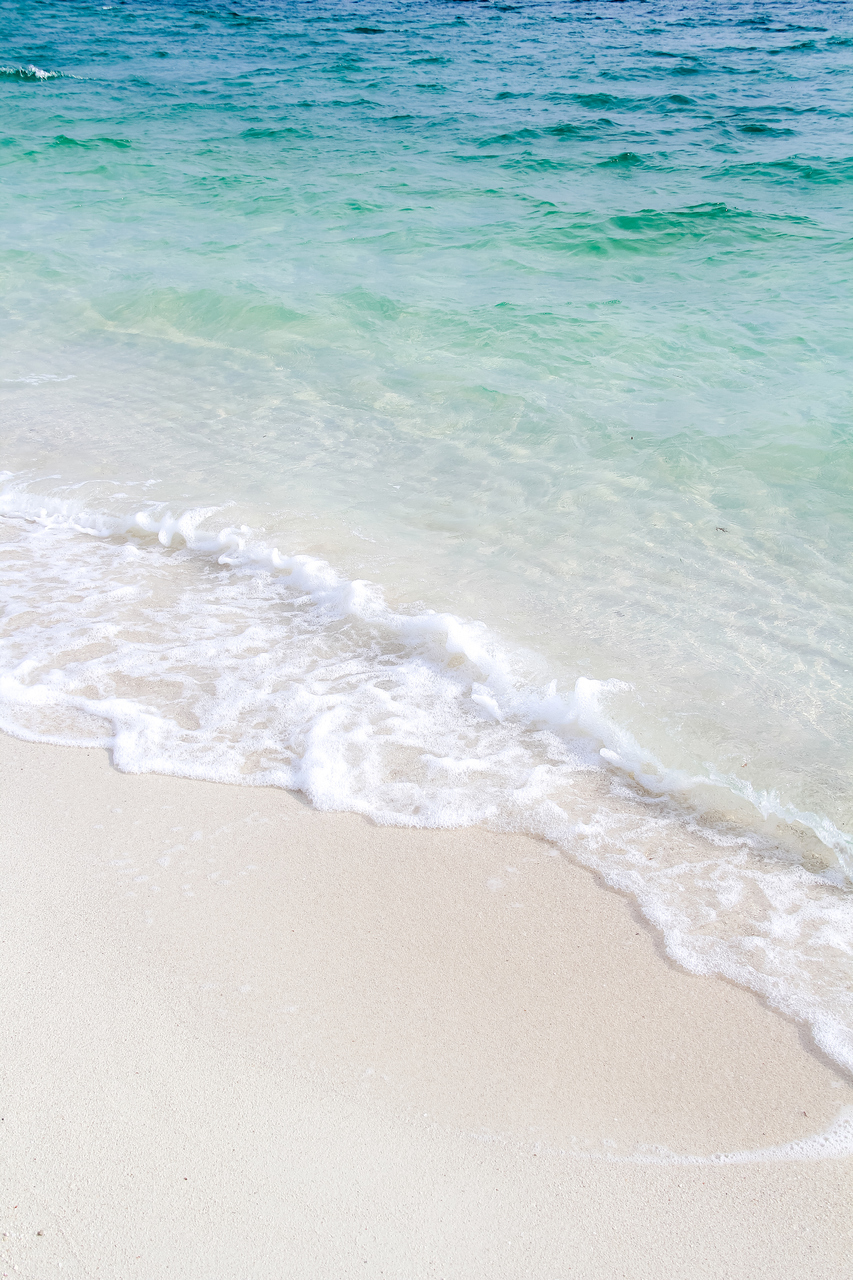Belitung Island Indonesia – One of Indonesia’s “Ten New Travel Destinations” Host of the September G20 Development Ministerial Meeting
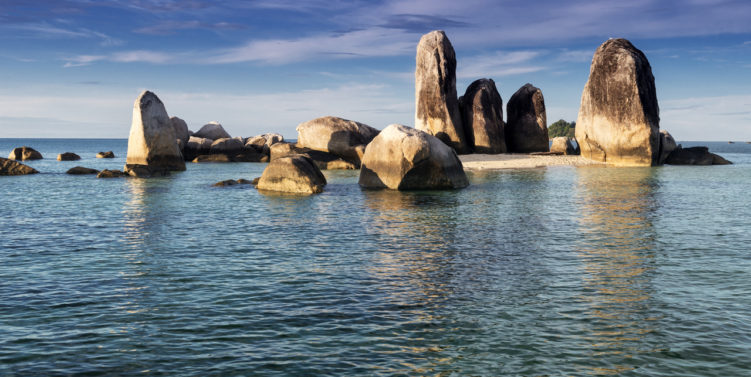
Indonesia’s pristine natural marine reserve and UNESCO Global Geopark, Belitung Island, selected as G20 host to showcase sustainable and low carbon footprint development
Belitung Island (known as Billiton), a beautiful natural marine reserve and archipelago in the South China Sea, just a 45-minute flight from Jakarta and 50-minutes flying time from Singapore, is one of ten beautiful natural islands with the potential to become a new travel destination in Indonesia and was selected as host for the G20 Development Ministerial Meeting from 7 to 9 September 2022.
In a historic occasion for the 4,800 sq km island of just 300,000 people, 20 countries and 20 global organisations came together in a unique small village environment, named Kampong Kecit, in one of Indonesia’s Special Economic Zones (SEZ) Tanjung Kelayang, which have been identified as models for sustainable development by the Indonesian government.
In 2021, the island of Belitung was also officially designated a UNESCO Global Geopark on account of its rich geological diversity.
The island features unique ancient rock formations, pristine white beaches and outlying islands, clear turquoise waters and preserved forests which are home to a rich variety of flora and fauna, including several species that are only found here.
With all of this rich unspoilt natural beauty, it’s no surprise that Belitung has been selected as one of the ten new travel destinations by the Indonesian government, having transitioned from a historic mining economy to one based on sustainable tourism. It is a natural choice to showcase the future of sustainable environmental tourism in the country.
Although currently little known except to expats living in Jakarta, and with a population of just over 300,000, Belitung aims to put itself back on the world map as the perfect destination for those who appreciate a pristine unspoilt natural environment, with controlled low-density low-impact tourism.
Belitung is renowned for powdery white sand so fine that it is sought after to make crystal clear glassware. Its stunning 210-million-year-old rock formations are jaw-dropping, and its clear azure waters perfect for snorkelling and diving.
Belitung is also a very safe place, as it occupies an area free from the volcanic and tectonic activity that affects some of the country’s other islands.
Leading the drive for quality, sustainable tourism development of Belitung is Tanjung Kelayang Reserve (SEZ), which comprises 360 hectares of pristine land and 8 outlying islands.
Tanjung Kelayang Reserve (SEZ) has dedicated over 200 hectares as a private natural reserve and wildlife sanctuary. Within this sanctuary on the beach front, there are plans to develop unique luxurious resorts and residences, but in a way which fully preserves the environment and takes into account the carrying capacity of the island’s nature.
The vision is for Belitung to become a sought-after holiday retreat or second home escape for residents of the busy cities in the region, such as Jakarta, Singapore and Kuala Lumpur, as well as a new world-class island retreat for global travellers. This while maintaining its unspoilt natural beauty and rich geological treasures.
History
Belitung’s striking rock formations date back to the Triassic period, some 210 million years ago.
In its more recent history, known as Billiton, the island was in the possession of the United Kingdom from 1812 until it was ceded to the Dutch, in 1824, much to the dismay of Sir Stamford Raffles, who thought it as strategically important as Singapore, and cautioned against losing it.
He noted the island’s “commanding position between the Java and China seas … mid-way from the Malay Peninsula to the island of Java, and equidistant from Sumatra and Borneo.”
In the 1850s, the island became known as a rich source of shallow tin mining, and by 1900, the Billiton Maatschappij who now become BHP Billiton the largest mining company in the world.
The Belitung shipwreck, the remains of an Oman dhow from twelve centuries ago, laden with gold and silver treasures, was retrieved off the coast of Belitung, showing that the area also played in important historical role in the Maritime route.
Today, the major industries are fishing and tourism.
Getting There
45 minutes flight time from Jakarta Soekarno Hatta International Airport
or 50 minutes flight time from Singapore (currently not in operation due to Covid restriction)

